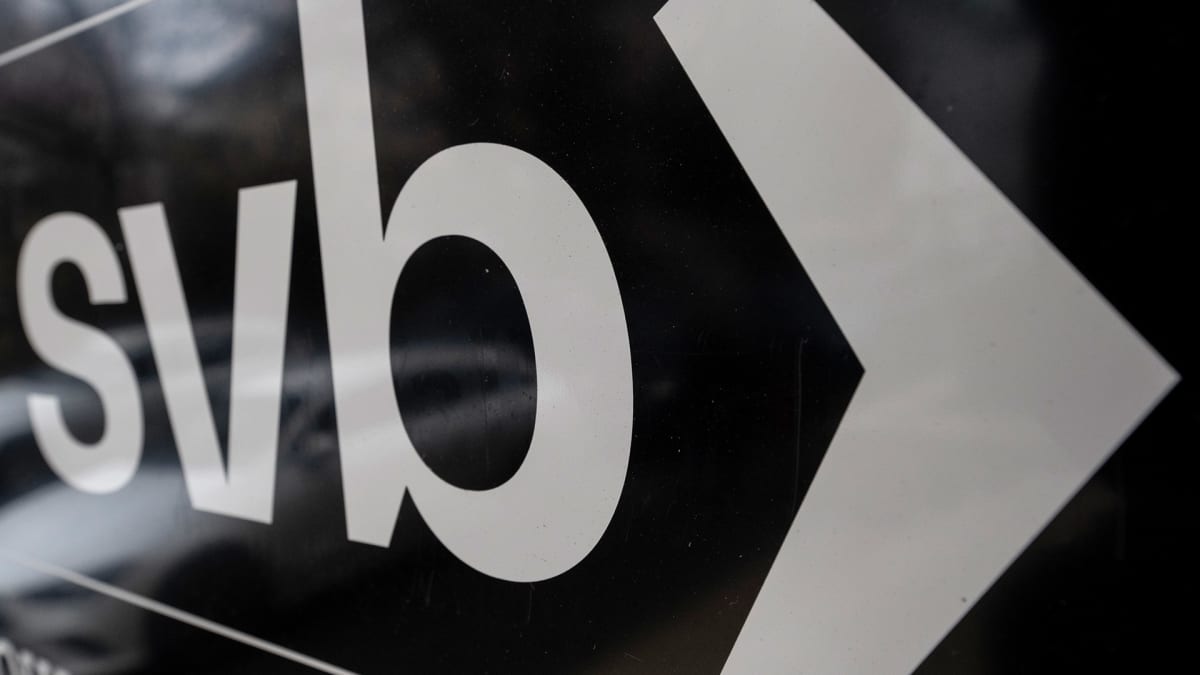
The collapse of Silicon Valley Bank has raised concerns about banks that invest funds in treasury bills and mortgage bonds.
When the Federal Reserve raised interest rates to combat inflation, SVB lost money. Depositors began to withdraw funds on venture capitalists' advice.
DON'T MISS: Tucker Carlson Has Some Harsh Words For Republicans Who Disagree With Him
The bank, which invested heavily in small businesses and startups, didn't have the funds to meet the depositors' sudden demands.
But a controversial explanation has found its way into political discourse thanks to some prominent Republicans who have a theory of their own on why the crisis occurred.
They say the bank suffered the calamity because it had "woke" principles.
"This bank, they're so concerned with DEI (diversity, equity and inclusion) and politics and all kinds of stuff, I think that really diverted from them focusing on their core mission," Florida Gov. Ron DeSantis said Sunday on Fox News (FOX), according to Business Insider.
"And then they see, now coming out, that they were one of the most woke banks in their quest for ESG (environmental, social and governance) type policy and investing," said James Comer, R-Ky., also on Fox News. Twitter user @atrupar posted video of his comments.
"So these SVB guys spend all their time funding woke garbage ('climate change solutions') rather than actual banking and now want a handout from taxpayers to save them," tweeted Rep. Josh Hawley, R-Mo.
These views encountered pushback. One New York Magazine writer took them to task.
"As ridiculous as it sounds, the conservative movement’s leading economic minds have all converged on the theory that SVB’s decision to overleverage its holdings in federal bonds is somehow a product of its commitment to social liberalism," wrote Jonathan Chait.
The Wall Street Journal's Andy Kessler speculated on how diversity may have affected SVB's decision-making.
"Was there regulatory failure? Perhaps," Kessler wrote. "SVB was regulated like a bank but looked more like a money-market fund. Then there’s this: In its proxy statement, SVB notes that besides 91% of their board being independent and 45% women, they also have '1 Black,' '1 LGBTQ+' and '2 Veterans.' I’m not saying 12 white men would have avoided this mess, but the company may have been distracted by diversity demands."
Chait examined the statement.
"Kessler’s language is unclear, but there are two ways to interpret it," he wrote. The first is that having one Black person and one nonheterosexual -- plus two military veterans! -- prevented the bank from noticing its financial risk, which would be an extremely stupid argument. The second is that taking the time to put this information in a proxy statement prevented the bank from noticing its financial risk, which would be even stupider."
Chait then expanded on his view of how the conservatives' opinions on the theory are part of a political strategy.
"The 'blame wokeness' strategy appears to be an effort to fill the howling void that exists where a coherent Republican analysis of this issue ought to be and instead divert attention to the party’s current fixation," Chait wrote.
"But the whole assumption it draws upon is deeply weird. Are people supposed to assume that, back in the good old days when banks were run entirely (and not just mostly) by white men, there were never financial panics?"







